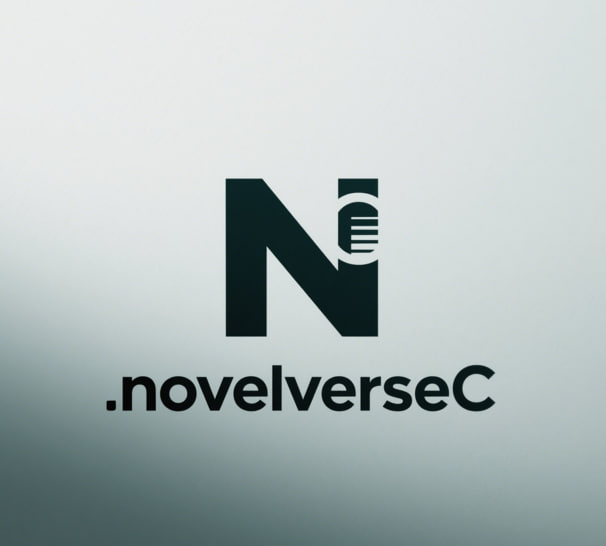Delivering My Son's Ashes to His Father's Party - Chapter 10: Chapter 10
You are reading Delivering My Son's Ashes to His Father's Party, Chapter 10: Chapter 10. Read more chapters of Delivering My Son's Ashes to His Father's Party.
After saying goodbye to Tyler, I headed to Stanford.
It was Charlie's last wish before he passed away—his dream, so close yet just out of reach. Now, I wanted to carry him with me, to see the future that should have been his.
As I wandered the campus, my phone buzzed with a message from Tyler. He'd signed the divorce papers and transferred an obscene amount of money—more than I could ever spend in a lifetime. Without hesitation, I blocked him everywhere. Then I tucked my phone away and kept walking, Charlie's memory beside me.
For weeks after his death, grief had been my shadow, clinging to me day and night. But here, under the California sun, the weight in my chest finally lightened, if only a little.
I spent the whole day exploring Stanford before leaving. Later, I took Charlie to the ocean.
The waves stretched endlessly, just like his spirit—free, boundless. He'd always loved the sea. With a deep breath, I scattered his ashes into the water, watching as the wind carried him away.
Now, it was time to decide what came next.
For eighteen years, my life had revolved around Tyler and Charlie. Every choice, every sacrifice—for them. But now? Now, I would live for myself.
My feet led me to a place I hadn't expected.
A small, run-down orphanage tucked away in the middle of nowhere. The building was cramped, the walls peeling, the floors worn thin. Kids crammed into shared rooms, some sleeping on thin mats because there weren't enough beds. Their clothes were faded from too many washes, their faces too thin.
When I stepped into the yard, they froze, wide-eyed, studying me with a mix of curiosity and caution. Shy smiles tugged at their lips as they murmured, "Hello, Miss."
My heart clenched.
The director explained that most of these children had been abandoned—some at birth, others later, when their disabilities became too much for their families to bear. Their stories were heavier than most.
So I made an offer: I'd fund everything—new clothes, better food, more space—but on one condition. I wanted to stay. To help.
The director nearly cried with relief.
Within days, the orphanage transformed. Fresh coats of paint, new beds, stacks of toys, closets full of clothes. The kids squealed as boxes were unloaded, their laughter like sunlight breaking through clouds. One little girl darted forward and wrapped her arms around my legs.
I froze. Then, without warning, tears spilled over.
Charlie was gone, but love didn't have to be.
Here, I could pour it into these children—give them warmth, safety, joy.
And so, I stayed.
It was Charlie's last wish before he passed away—his dream, so close yet just out of reach. Now, I wanted to carry him with me, to see the future that should have been his.
As I wandered the campus, my phone buzzed with a message from Tyler. He'd signed the divorce papers and transferred an obscene amount of money—more than I could ever spend in a lifetime. Without hesitation, I blocked him everywhere. Then I tucked my phone away and kept walking, Charlie's memory beside me.
For weeks after his death, grief had been my shadow, clinging to me day and night. But here, under the California sun, the weight in my chest finally lightened, if only a little.
I spent the whole day exploring Stanford before leaving. Later, I took Charlie to the ocean.
The waves stretched endlessly, just like his spirit—free, boundless. He'd always loved the sea. With a deep breath, I scattered his ashes into the water, watching as the wind carried him away.
Now, it was time to decide what came next.
For eighteen years, my life had revolved around Tyler and Charlie. Every choice, every sacrifice—for them. But now? Now, I would live for myself.
My feet led me to a place I hadn't expected.
A small, run-down orphanage tucked away in the middle of nowhere. The building was cramped, the walls peeling, the floors worn thin. Kids crammed into shared rooms, some sleeping on thin mats because there weren't enough beds. Their clothes were faded from too many washes, their faces too thin.
When I stepped into the yard, they froze, wide-eyed, studying me with a mix of curiosity and caution. Shy smiles tugged at their lips as they murmured, "Hello, Miss."
My heart clenched.
The director explained that most of these children had been abandoned—some at birth, others later, when their disabilities became too much for their families to bear. Their stories were heavier than most.
So I made an offer: I'd fund everything—new clothes, better food, more space—but on one condition. I wanted to stay. To help.
The director nearly cried with relief.
Within days, the orphanage transformed. Fresh coats of paint, new beds, stacks of toys, closets full of clothes. The kids squealed as boxes were unloaded, their laughter like sunlight breaking through clouds. One little girl darted forward and wrapped her arms around my legs.
I froze. Then, without warning, tears spilled over.
Charlie was gone, but love didn't have to be.
Here, I could pour it into these children—give them warmth, safety, joy.
And so, I stayed.
End of Delivering My Son's Ashes to His Father's Party Chapter 10. Continue reading Chapter 11 or return to Delivering My Son's Ashes to His Father's Party book page.
